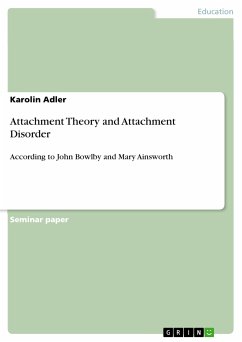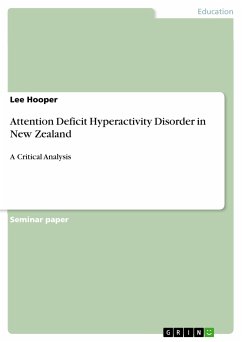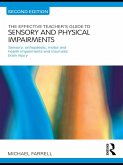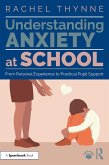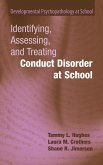Seminar paper from the year 2011 in the subject Pedagogy - Pedagogic Psychology, grade: 1,3, University of Trier, language: English, abstract: Humans are social beings and cannot live without interpersonal contact. Such bonds already develop during pregnancy and are decisively shaped here by the mother's feelings. The mother's attitude towards the child growing in the womb is decisive for later behaviour. The nature of the emotional and affective experiences in early childhood determine whether a child will develop a sense of basic trust or basic mistrust. The newborn can only perceive its caregiver through the senses of smell and touch (physical contact), i.e. through smelling, tasting and feeling. The emotional attention creates an atmosphere of security in the child. This atmosphere contains the generated self-confidence, the trust in fellow human beings and the environment. This is also necessary to muster the courage to take on new, unknown things. The basic trust is therefore a positive attitude towards oneself, based on earlier experiences - also in the womb - and it enables people to deal constructively with their environment and themselves. Not only environmental factors but also genetic influences play a major role in the personality development of the individual. A person's mental state is strongly dependent on how his or her interpersonal relationships are. If they are harmonious, there is a high probability that this person will be balanced and happy and able to cope with problems as they arise. The emotional foundation comes from sufficient emotional attention. Through it, the social courage to face life is formed, which is of high importance for the child's mental, social and emotional development. If one cannot rely on one's attachment figures, social pessimism is generated, which can have an inhibiting effect on the child's emotional development. One subject of attachment research is the development and change of close relationships in the course of life. In my term paper, I would like to discuss the strong bond between child and caregiver and try to explain it in more detail using John Bowlby's attachment theory. Then I will discuss attachment disorders and the types of attachment disorders, and at the end I will try to critically examine the attachment theory.
Dieser Download kann aus rechtlichen Gründen nur mit Rechnungsadresse in A, B, BG, CY, CZ, D, DK, EW, E, FIN, F, GR, HR, H, IRL, I, LT, L, LR, M, NL, PL, P, R, S, SLO, SK ausgeliefert werden.

